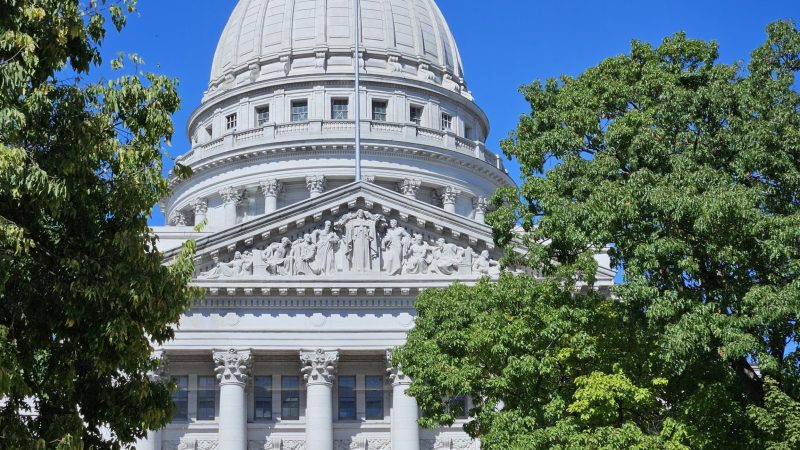Visit WisPolitics-State Affairs for premium content,
keyword notifications, bill tracking and more
Home » Featured » Republicans move to block proposed rules, accuse Evers of ‘flagrantly’ disregarding law

GOP lawmakers are moving to block the Evers administration’s efforts to implement nearly half of the proposed rules the guv wants to take effect without first going through JCRAR. If approved as expected, it would halt Gov. Tony Evers’ effort to immediately implement new guidelines for regulating the wolf population in Wisconsin, updating the state’s antidegradation policy for surface water, and m...